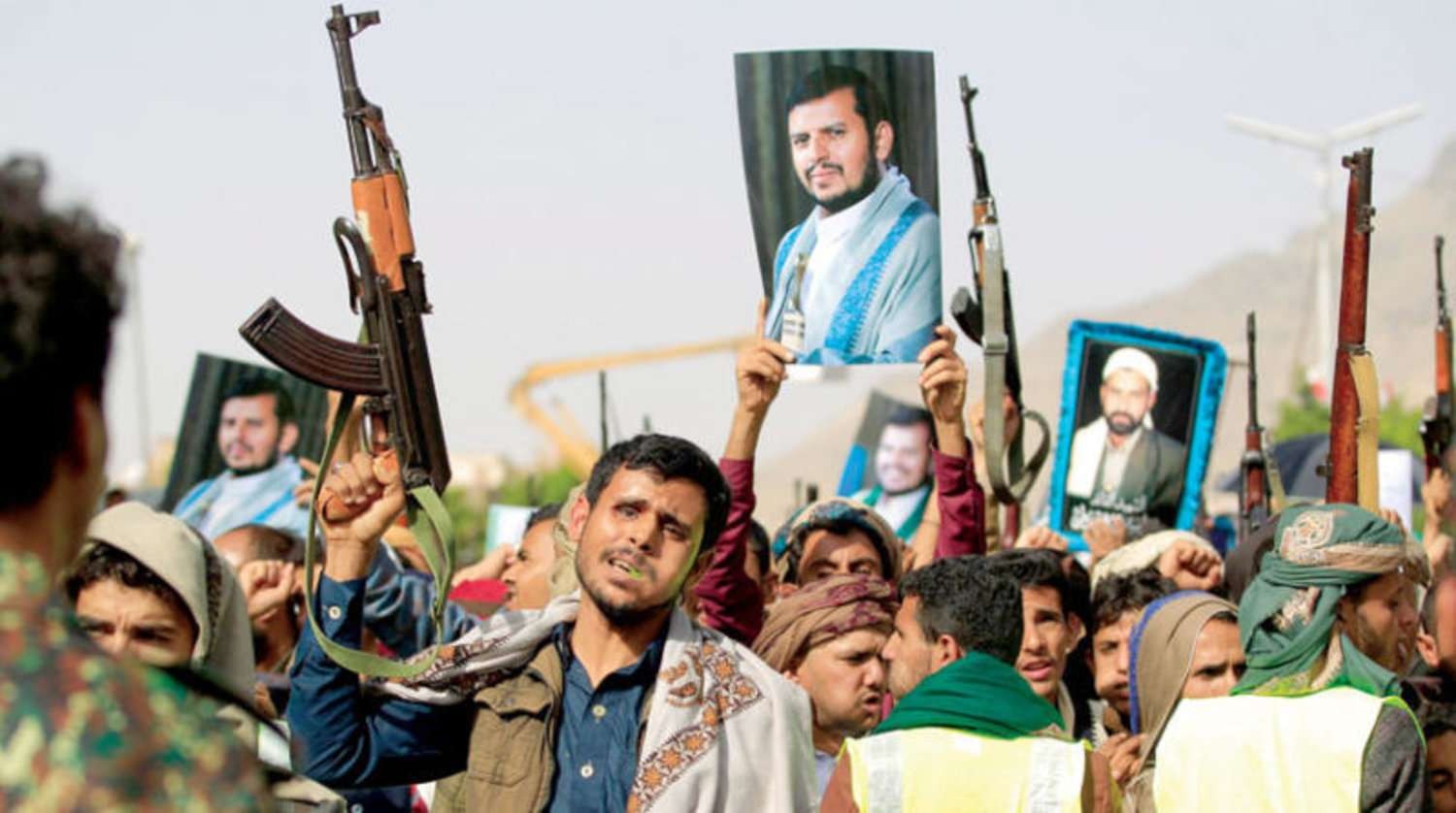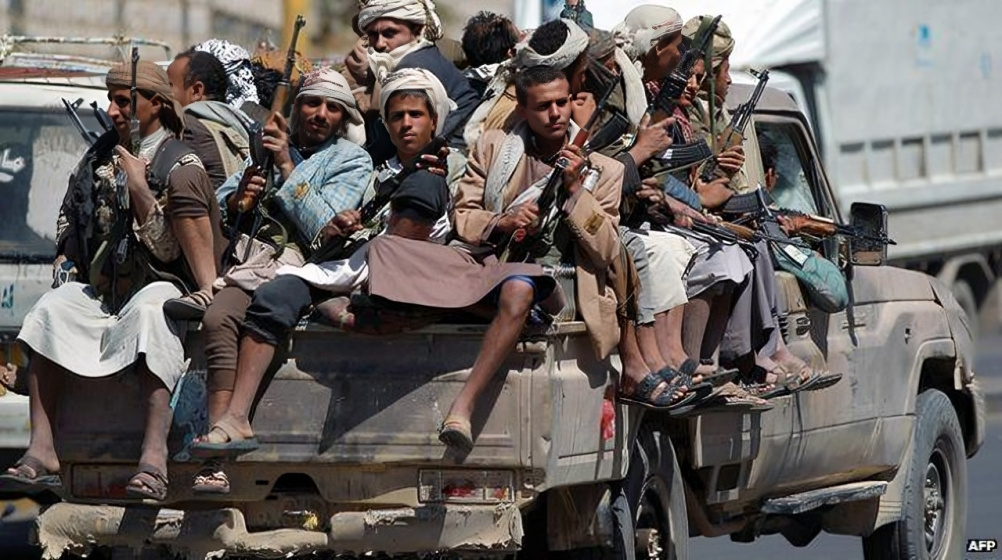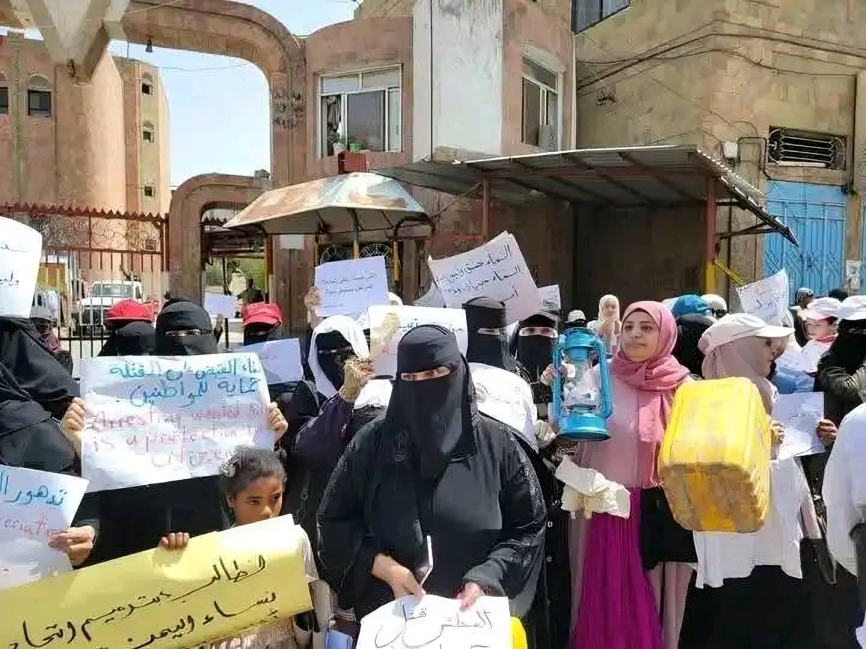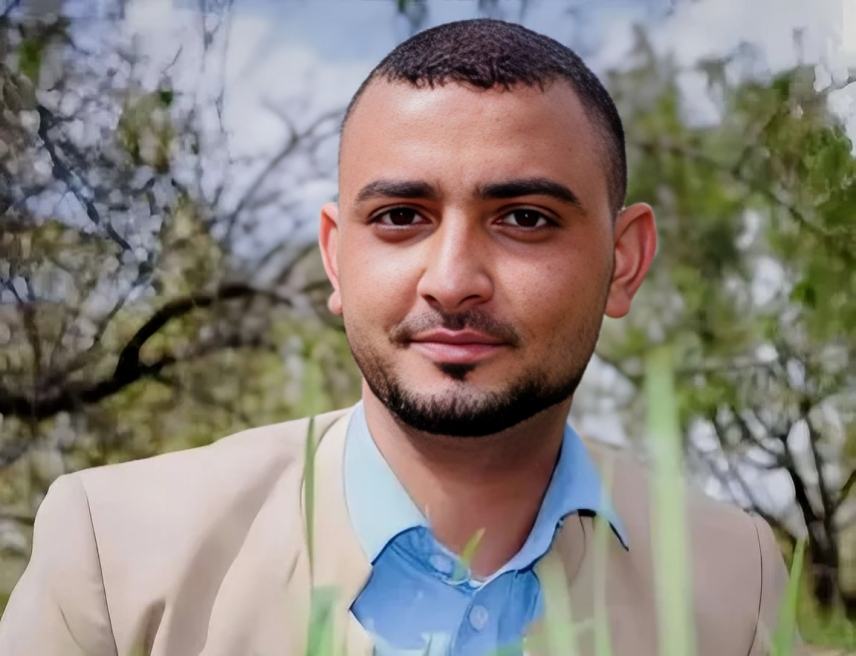
Barran Press
The recent actions of the Houthi group, internationally designated as a terrorist organization, have sparked concern among Western powers, according to an international analysis. The analysis, written by Constantin Grund, head of the Friedrich Ebert Foundation offices in Sudan and Yemen, and published on the "Politics and International Society" website, argues that the Houthis' recent provocations, including the detention of UN and international personnel, have raised alarm bells.
The analysis, monitored by "Barran Press," highlights the Houthis' escalating and calculated provocations, which have been ongoing for a decade, characterized by harassment, confiscation, detention of political opponents, and the establishment of a genuine terrorist regime against the country's inhabitants.
Grund draws parallels between the Houthis and the Taliban in Afghanistan, noting a systematic rollback of previous achievements, such as a functioning parliament, press freedom, and universal access to education. The Houthis, like the Taliban, often blame these setbacks on alleged external opponents.
The analysis points to the Houthi detention of approximately 60 local staff members from international organizations and aid groups. These individuals, according to Grund, were abducted, their whereabouts unknown, with no access to lawyers or medication. They are isolated from the outside world.
While the interception and occasional harassment of international staff have occurred in other parts of the world, Grund emphasizes that the wave of kidnappings carried out by the Houthis in the capital Sana'a since May is unprecedented. International workers have, so far, not been affected.
Instead of focusing on economic development in a devastated country, the Houthis have imposed new war taxes, with non-payers facing imprisonment. Meanwhile, public sector employees in Houthi-controlled territories have been waiting for their salaries for years.
"Northwest Yemen is being systematically impoverished," Grund writes. "Experts now estimate that around 90% of people there live in poverty, a global record."
The analysis highlights the Houthis' deliberate disruption of shipping in the Red Sea since October 2023. "Just this week, they reportedly attacked the Greek oil tanker 'Sounion'," Grund states. "At least 30 ships have been damaged by drone attacks, causing two to sink."
The analysis also points to the Houthis' increasing targeting of aid organizations. The group has alleged the discovery of an Israeli-American spy network in Yemen, releasing videos of purported confessions from former US embassy staff in Sana'a. They have amplified this claim with eye-catching imagery on social media and television channels, including logos of international partners, including Germany, as part of this alleged spy ring.
"In early August, the Houthis raided the UN Human Rights Office in Sana'a, confiscating vehicles, furniture, and servers – a rare occurrence," Grund writes. "This was quickly followed by a wave of kidnappings."
While kidnappings are not a new tactic for the Houthis, having abducted local workers in 2019 and 2023, the intensification of these abductions has had a significant political impact in Yemen. It's not just about the 60 individuals currently being used as bargaining chips by the Houthis, but about the doubts cast on international partnerships as a whole. Yemeni nationals working for international organizations are facing increasing risks with each passing month.
Regarding Western concerns about the Houthis' recent provocations, the analysis states that these concerns have been repeatedly expressed. The UN Special Envoy, Hans Grundberg, accurately and forcefully described the situation to the UN Security Council on July 23, 2024, stating that "the trajectory of developments in Yemen, if left unaddressed, could reach a tipping point."
Despite these sentiments, the global response to the Houthis' actions remains surprisingly muted. What were once red lines have initially turned pink before fading entirely.
"In recent years, the international community has yielded to every new demand made by the Houthis, routinely ignoring their violations of individual freedoms or the labeling of international aid," Grund writes.
"People cannot be left to fend for themselves in these catastrophic economic and social circumstances," he adds. "But equally, we do not want to push the Houthis away from the ongoing political dialogue, it seems. Despite all this escalation, the West has continued to show understanding towards the Houthis and support them indirectly."
According to the analysis, the policy of appeasement towards the Houthis has strengthened their power base and given them the impression that they are doing the right thing. "They have managed to send envoys to international gatherings and use informal communication channels to engage others in talks or negotiations on their behalf," Grund writes. "This has led to a constant violation of even the smallest concrete agreements, while international partners remain silent."
International political observers, the analysis suggests, have become accustomed to the increasing confusion and chaos. The normalization of the unusual or abnormal sometimes leads to its acceptance. For Yemen, this means a sectarian movement gaining strength in a state, while we watch Yemen collapse and drift into the unknown at a slow pace.
"We can actively tolerate a country's transition to another state of being, provided we do not neglect the consequences," Grund concludes. "Otherwise, we will only be able to stop this train through a massive diplomatic effort and a strong security policy. However, we need to bring these red lines back to what they once were: clear starting points for a real foreign policy response that would facilitate dealing with the situation itself and muster the courage to do so. The 60 abductees, for sure, would welcome a greater effort."





